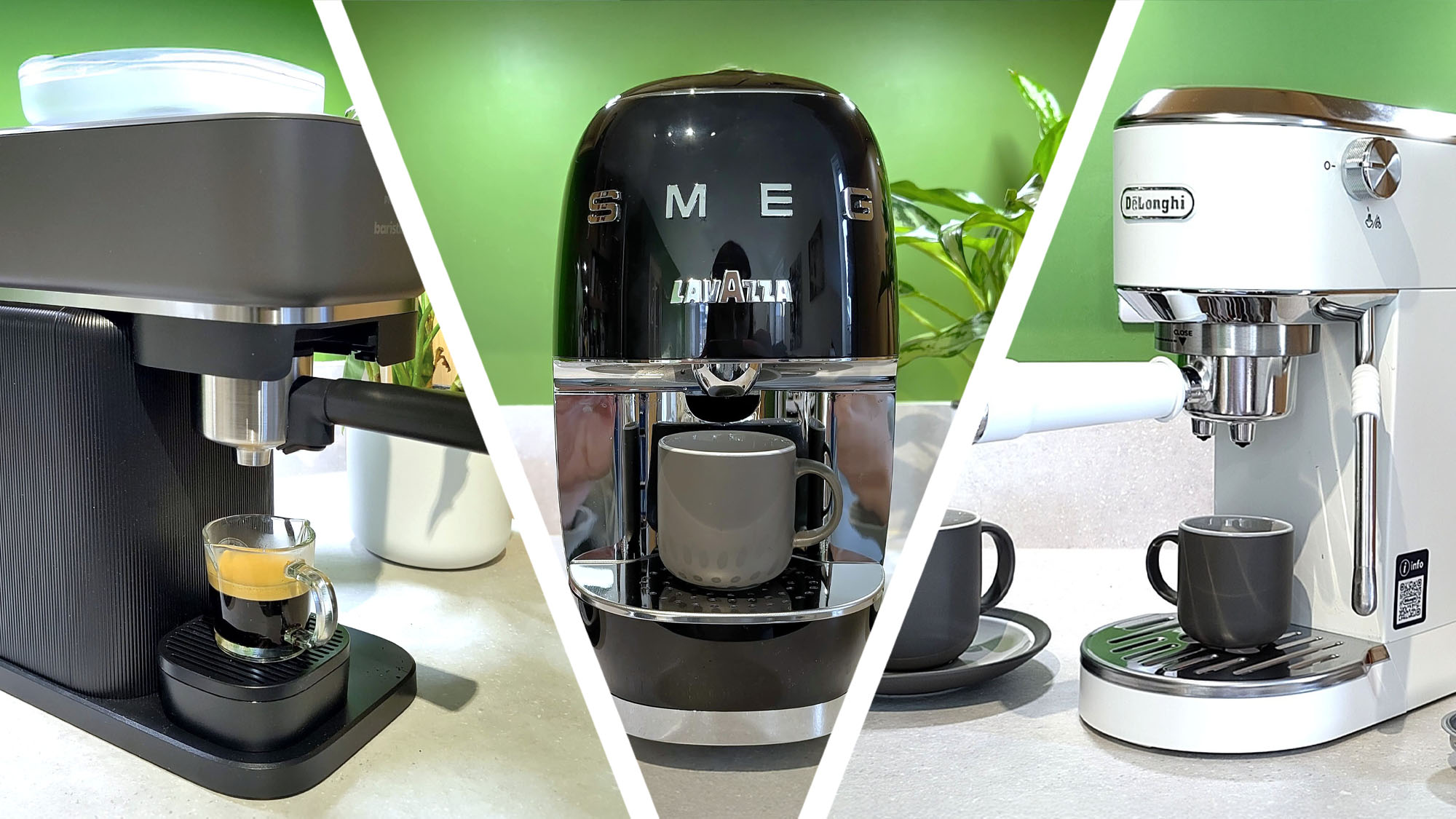
A significant transformation is occurring in the global display market as Chinese manufacturers intensify their efforts to challenge the dominance of South Korea’s LG Display and Samsung Display. With plans to invest billions in advanced OLED production facilities set to come online by March 2027, Chinese competitors are poised to disrupt the market further, putting pressure on LG, which has been struggling financially despite its current leadership in the OLED Original Equipment Manufacturer (OEM) sector.
LG Display has faced mounting losses while maintaining a stronghold in the OLED market. The South Korean government has attempted to bolster its local manufacturers, yet LG continues to struggle against the aggressive tactics employed by Chinese firms. Samsung, in a bid to navigate these turbulent waters, has started to procure TV panels from its rival LG, highlighting the growing interdependence amid fierce competition.
The landscape of OLED technology is rapidly evolving as manufacturers shift focus from traditional television displays to portable devices such as PCs, tablets, and smartphones. This transition is being accelerated by tech giants like Apple, which are increasingly adopting OLED technology for their flagship products. Chinese suppliers are strategically positioning themselves to dominate the supply chain by offering more cost-effective and efficient solutions.
Among the frontrunners in this competitive arena is TCL CSOT, which has recently acquired the struggling LED operations of LG Electronics. At a recent industry conference, TCL unveiled significant technological advancements aimed at outpacing its South Korean rivals. The company showcased next-generation high-resolution screens and innovative power-saving features, including a tablet display capable of running different parts of the screen at varying refresh rates simultaneously.
One of the most notable developments from TCL is its commitment to mass-produce OLED panels using inkjet printing technology. Analysts suggest that this method is not only more affordable but also produces superior image quality compared to LG’s existing production techniques. This efficiency is crucial for PC and tablet manufacturers looking to enhance battery life.
While LG and Samsung have begun collaborating under government pressure, Samsung’s superior marketing strategies have allowed it to gain traction in the consumer market. As a result, LG finds itself in a precarious position, unable to maintain its former dominance.
TCL CSOT is confident that its new 8.6-generation factory, expected to be operational in 2027, will significantly increase the availability of OLED panels and drive down costs globally. Major Chinese brands like Xiaomi and Huawei have already committed to utilizing TCL’s panels, indicating a rapid shift in the display landscape that threatens the longstanding supremacy of South Korean manufacturers.
TCL is set to introduce several key innovations in the coming years:
– A 16-inch, 2.5K resolution, 240Hz gaming panel for laptops.
– A 13.2-inch power-saving tablet display featuring “partitioned frequency driving,” which allows different screen areas to refresh at varying rates, conserving up to 25% of power.
– A 5.65-inch smartphone panel utilizing a “real” RGB-stripe pixel layout, achieving clarity comparable to 490 PPI diamond-pentile displays commonly found in current smartphones.
– A groundbreaking 28-inch tri-fold portable display that collapses into a compact 16-inch size.
Ming-Jong Jou, Chief of Technology Planning at TCL CSOT, emphasized the company’s commitment to leading the market in inkjet-printed OLED (IJP OLED) technology. This process has already garnered interest from major Chinese brands, including Lenovo, Xiaomi, and Huawei, which are poised to incorporate these advanced displays into their upcoming products.
As the OLED arms race intensifies, the balance of power in the display market is shifting. The next few years will be crucial for LG Display and Samsung Display as they navigate the challenges posed by Chinese competitors and seek to reclaim their positions in a rapidly evolving industry.







